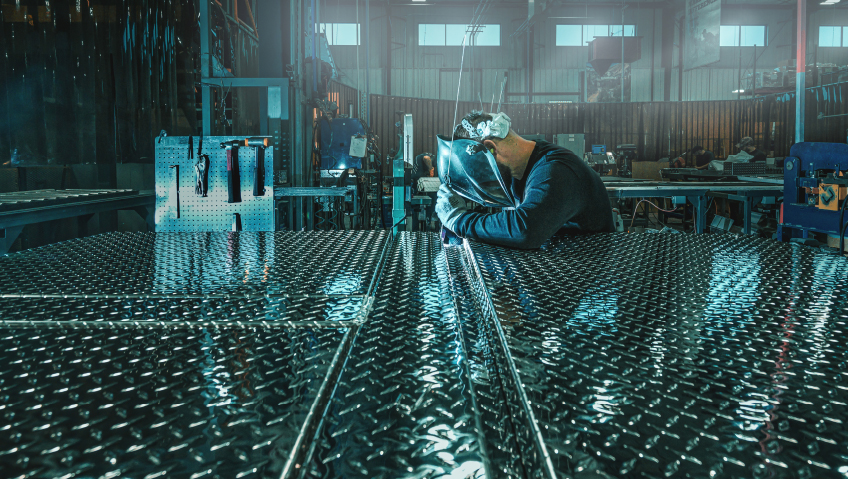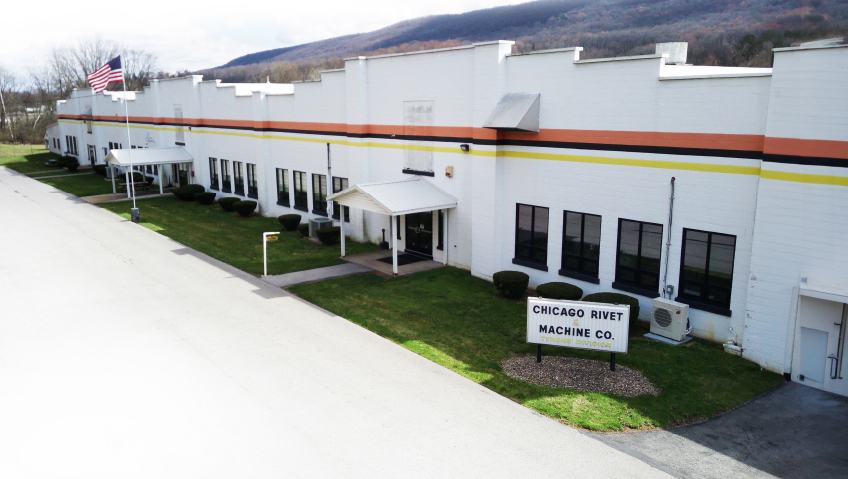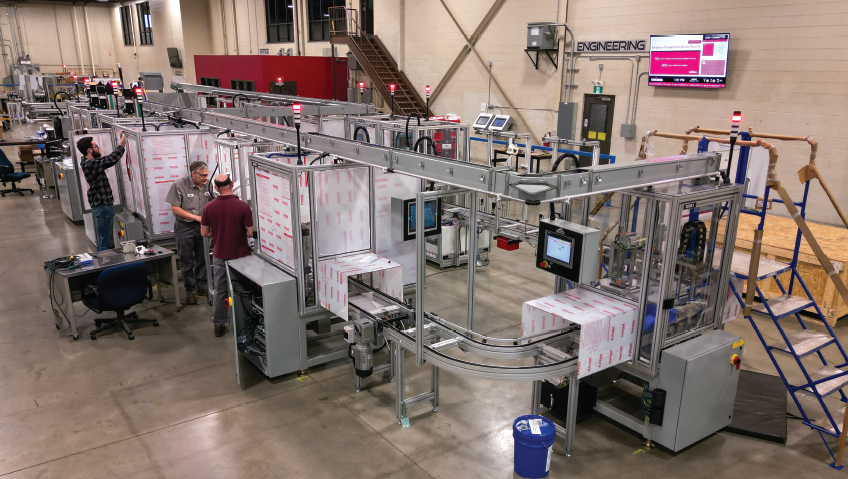The UN’s decision to proclaim the next 10 years as the International Decade of Sciences for Sustainable Development “represents a unique opportunity for humanity to use the critical role sciences play in the pursuit of sustainable development.” According to the document presented at the 96th plenary meeting on 25 August 2023, sciences represent “one of the key means of responding to the complex challenges of our time to ensure a safe and prosperous future for all.”
What does the UN’s declaration mean on a global scale as well as here in North America for both the public and private sectors? Will governments, academia, and businesses small and large work together and accomplish the UN’s lofty goals? That’s a question that can’t be answered until 2033.
Ambitious agenda
In 2015, the UN presented 17 environmental, social, and governance (ESG) goals, which, nine years later, are far from realization.
Environmental goals include climate action to slow down and reverse global warming, which is receiving a great deal of the world’s attention but so far lacking any agreement between nations as to how to achieve it. Finding and developing alternative and clean energy, ensuring a clean water supply and sanitary conditions, protecting oceans, and using land beneficially are also on the list.
Social and economic goals focus on eliminating poverty and hunger and ensuring quality healthcare, education, gender equality, economic growth, decent work opportunities, responsible production and consumption, and industry innovation. Governance goals focus on peace, justice, strong institutions, and partnerships to meet the goals.
If even one-tenth of this is to be accomplished by 2033, it will take a monumental commitment on the part of the international community as well as the formation of partnerships at every level between government agencies, businesses, multinationals, and academia.
Within the U.S. and Canada, it will require cooperation between the federal governments and state and provincial leaders, and a willingness to hear what scientists have to say—which means funding research and making science-based decisions.
Government response
All too often these issues become politicized. For example, at the time of writing, Canadian Prime Minister Justin Trudeau is embroiled in a month-long disagreement with seven of the provincial leaders and the leader of the opposition, Pierre Poilievre, over the matter of increased carbon tax on fossil fuels to reduce greenhouse gases (GHG) and positively affect climate change.
Hopefully, by the time this article is published, a compromise will have been reached, but the dispute reveals the pressure governments are under trying to resolve issues as they struggle to reach the 2030 and 2050 goals for net zero carbon.
In addition to internal disagreements over how to address climate change, governments are currently faced with rising international instability—the war in Ukraine, and the strife in Gaza and Sudan—all of which threaten the UN’s goals. Added to this volatile mix is that it’s an election year in the U.S. with Canada facing an election in 2025 if not sooner, which makes pleasing the electorate—who may or may not care about issues such as climate change, clean energy, or any of the UN’s other goals—a major consideration.
However, the days of cutting our respective governments slack to deal with what they assess to be the more pressing situations may have come to an abrupt end on April 9.
That was the day the European Court of Human Rights (ECHR) in Strasbourg, France signaled a wake-up call to governments around the globe when it ruled that “Switzerland’s failure to adequately tackle the climate crisis was in violation of human rights, in a landmark climate judgment that could have a ripple effect across the globe,” as Laura Paddison wrote for CNN.
The court’s ruling pointed to “critical gaps” in national legislation to reduce planet-heating emissions, as well as a failure to meet past climate targets, resulting in climate change-fuelled heat waves that undermined the health and quality of life of its citizens and put them at risk of dying.
Sustainability and business
According to a document prepared by the UN committee around meeting the 17 goals, “It’s in businesses’ interest to find new solutions that enable sustainable consumption and production patterns. A better understanding of environmental and social impacts of products and services is needed, both of product life cycles and how these are affected by use within lifestyles.”
An article by Dr. Eduardo Ordonez-Ponce of the Faculty of Business of Athabasca University suggests that businesses, in particular multinationals, have unique opportunities to play a critical role in sustainable development. By taking a proactive approach, they can do more to promote sustainable solutions that will make a societal and environmental impact, while themselves remaining profitable.
“They have access to leading-edge technologies, worldwide reach, and the capacity to develop large-scale solutions for sustainability,” he writes in The Critical Role of Business in Sustainable Development. “Further, when businesses join cross-sector partnerships for local sustainability, they aim to contribute to addressing the environmental and sustainability challenges of the communities they are part of.”
He goes on to say that multinationals are positioned to tackle challenges such as inequality, biodiversity loss, and the development of clean, affordable energy. However, those challenges are too complex for businesses to solve alone, and they need to work with local communities.
“Imagine if corporations improved sustainability standards in those places where they operate and lead by example instead of taking advantage of lax regulatory systems. They could attend to the needs of the communities affected by their operations, enhancing their positive impact and reducing the negative effects of their actions.”
A serious approach
Here at FMG Publishing, we are greatly encouraged by what we hear directly from the smart and savvy businesspeople we speak with for our features. They’ve told us how they and their companies are investing in research and development to sustainably improve their product offerings at scale, and how they support their employees and their local communities.
We recently had the pleasure of speaking with Andrew Mutch, President of Michelin North America (Canada) with headquarters in New Glasgow, Nova Scotia and three manufacturing facilities in the province. He explained Michelin’s all-sustainable strategy based on its philosophy of balancing people, planet, and profit, which ticks all the boxes of the UN’s goals for sustainable development.
“Every direction and every decision Michelin takes must balance those factors because you can’t be sustainable if you’re only great with people and profitability, but not respecting the planet,” he said. “But at the same time, we have to be profitable so that we can invest in our people and re-invest in innovations that will benefit our planet, and that includes how we make tires, how we reduce our footprint from a manufacturing perspective, and how our products will make a more sustainable future.”
Michelin has invested heavily in technology to reduce the rolling resistance of tires used on transport trucks. This is of critical importance because the higher the resistance of the tire, the greater the strain on the combustion engine, with more diesel fuel consumed to overcome it, resulting in higher levels of GHG emissions.
Through its GreenerFleets business, Michelin has now partnered with the Canadian government’s Green Freight Program and is acting as a consultant to fleets across the country who are enrolled in this incentivizing program, helping them to optimize the energy efficiency of their entire fleet.
It is estimated, Mutch told us, that in the next four years, the 93 fleets involved with this program will be saving 159,000 tons of CO₂. And that’s not all. Michelin has invested $300 million in a Green Mobility Plan to modernize its Nova Scotian plants and has formed a joint venture with another company to explore uses for hydrogen fuel cells capable of powering a vehicle.
A role for smaller business
But it’s not only large companies like Michelin, with 74 plants and over 132,000 employees worldwide, who are concerned about sustainability.
In the June issue of Manufacturing in Focus, we’ll be featuring AmeriGlobe, a bulk bag manufacturing company based in Louisiana with two facilities and 100 employees.
We spoke with company owner and president Daniel (Dan) Schnaars Sr. and his son, Vice President Daniel (Danny) Schnarrs Jr., who told us how they have invested in research and development through a partnership with Dow Chemical to create a fused woven polypropylene bulk bag, something the industry said couldn’t be done because of the inert nature of the material. But now these fused bags, used to transport tons of dry goods—food ingredients, pharmaceuticals, chemicals, fertilizers—have the potential to be a game-changer in the greening of the supply chain. Because they are not sewn, there is no chance of contamination or product loss from a sufficiently fine product sifting through the 13,000 needle holes in each bag. And because they don’t require 10-square-foot polyethylene liners, the amount of plastic used is greatly reduced. In addition, the bags are completely recyclable.
According to Schnaars Sr., “If we flipped the market and our fused polypropylene bag became the industry standard, there’s the potential to get more than a billion pounds of plastic out of the product stream.”
And that’s the result of one small company willing to re-invest its profit into scientific research to make a better product and a better world.
On bringing back business
We also had an interesting talk for the June issue of Manufacturing in Focus with Scott Gaylor, owner of Jupiter Protective Flooring, which installs high-performance, seamless coatings on floors in manufacturing plants, including food processing facilities and waste management facilities in the Toronto area.
The process eliminates various sanitation issues that arise when bacteria mix with concrete dust and enter the food processing equipment—as has happened, causing a nationwide outbreak of food poisoning—or leach out into the environment from a waste management plant.
But our talk ranged beyond what Gaylor’s company does (which does tick the box of the UN’s sanitation, health, and clean water and land goals), as he spoke of companies that had moved their manufacturing plants offshore and the difference they could make if they returned to Canada. “I realize there will always be imports and exports,” he said, “but I wish we would see a political push to bring manufacturing back. People have excuses to go offshore, but in my opinion, it is to take advantage of cheap labor and that’s not fair. So much pollution is created in third-world countries where they operate without regulations, and then the product is put on a container ship and shipped back here, creating more CO₂ emissions. I just don’t see the logic,” he said.
Are the UN’s 17 Goals by 2033 in reach?
We don’t know and we can’t predict. One thing we do know, after speaking with so many business leaders over the years, is that in a myriad of ways, each one is serious about doing the right thing to improve life on our planet. And that makes us hopeful.






